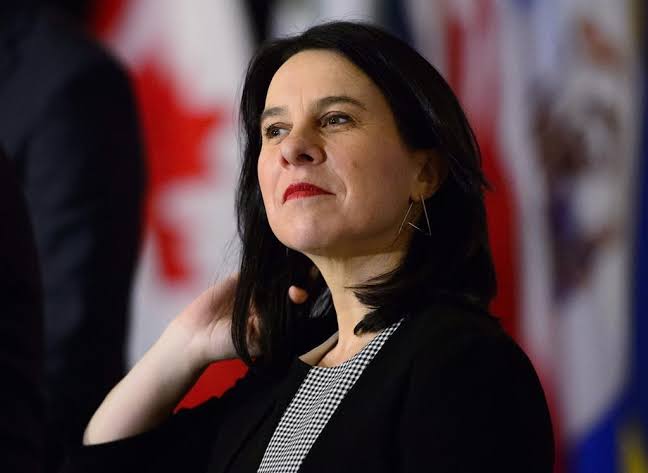By Dare Akogun
Mayors from 15 cities around the world has called for increased direct financing to allow cities to implement ambitious greening and ecosystem restoration projects.
The call at the ongoing 15th meeting of the United Nations Biodiversity Conference (COP15) in Montreal was jointly made by the Mayors of Athens, Austin, Barranquilla, Dhaka-South, Freetown, Kampala, Kigali, Quezon City, Melbourne, Miami-Dade, Monterrey, Montreal, Paris, São Paulo and the Secretary of the Environment of the Government of Mexico City.
It was backed by the UN Environment Programme, ICLEI, C40, World Economic Forum, Global Environment Facility, Climate Policy Initiative’s CCFLA, and the University of Pennsylvania.

The mayors called on the finance community and national governments for reform of financial infrastructure and greater direct collaboration with the private sector.
This would equip cities to fund nature-based solutions, such as forests, green belts, water streams, and parks in and around urban areas.
Up until now, funding for nature infrastructure solutions has gone to national governments, which then distributes it to cities and regions.
Responding to the call from Mayors, UNEP and partners launched a new project to support cities in taking action for nature and contribute to the UN Decade on Ecosystem Restoration.
This project, funded by the German Federal Ministry of Economic Cooperation and Development, will run for three years (2023-2025) to inform, inspire, and enable policy makers, practitioners, businesses, and finance institutions to promote ecosystem restoration in cities.
With the planet experiencing a decline in nature at rates unprecedented in human history – and the largest loss of animal and plant species since the dinosaurs – cities can play an important role to address biodiversity loss.
The Director of UNEP’s Economy Division Sheila Aggarwal-Khan said cities must be part of the solution to the biodiversity crisis.
“We hope mayors’ call for increased, direct investment will not fall on deaf ears so that they can unleash the power of nature in cities, more partners and resources will be needed to successfully scale financing nature in cities”, she said.
She added that cities are on the front line of the socio-economic impacts of climate change and ecosystem loss, and already taking ambitious action to protect and restore nature.
Mayor of Barranquilla, Colombia Jaime Pumarejo Heins, said cities around the world, like Barranquilla, are acting decidedly to protect their ecosystems, address the impacts of climate change, and improve the well-being of their citizens.
“Today, we make a call for increased financing for cities to take action on nature. Let’s work together, international community and local authorities, hand-in-hand, to take this message forward to Davos next month and unleash the power of nature in cities and meet global biodiversity and sustainability goals,” she said.
According to UNEP’s 2022 State of Finance for Nature, current finance flows to nature-based solutions must double by 2025 and triple by 2030 to halt biodiversity loss, limit climate change to below 1.5 ˚C and achieve land degradation neutrality, and resilience to climate impacts such as heatwaves and flooding. These investments should support restoration efforts by sub-national governments.

